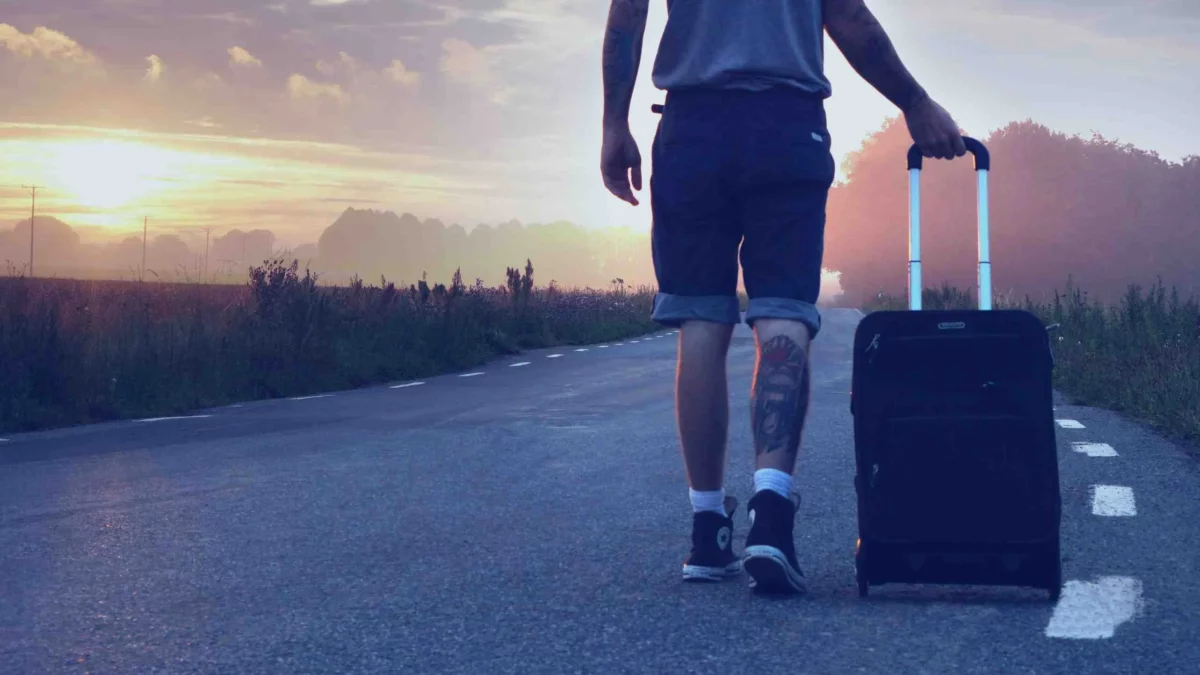Traveling, whether for work or pleasure, is an exciting opportunity to explore new places and experience different cultures. However, maintaining your health while on the move can often be challenging due to changes in routine, exposure to new environments, and the stress that sometimes accompanies travel. Here’s how you can stay healthy and energized, ensuring you get the most out of your travels.
Pre-Travel Preparation
1. Research Your Destination
Understanding the health risks associated with your destination is crucial. Research typical weather conditions, common local ailments, necessary vaccinations, and health advisories. Websites like the Centers for Disease Control and Prevention (CDC) provide destination-specific health information that is invaluable for travelers.
2. Pack a Health Kit
Prepare a travel health kit that includes:
- Basic first-aid supplies (band-aids, gauze, and tape)
- Prescription medications in their original containers
- Copies of your prescriptions
- Over-the-counter remedies for common issues like headaches, fever, stomach upset, and allergies
- Hand sanitizer and disinfecting wipes
3. Get Necessary Vaccinations
Check if your destination requires any specific vaccinations and ensure that all your routine vaccinations are up-to-date. Some countries also require proof of vaccination upon entry, especially for diseases like yellow fever.
4. Purchase Travel Health Insurance
Travel health insurance can be a lifesaver, especially if you need medical care in countries where healthcare is expensive or if you need to be evacuated to a facility with adequate care. Ensure that your policy covers emergencies and understand how to make a claim.
Maintaining Health While Traveling
1. Stay Hydrated
Flying and spending time in different climates can dehydrate you more than usual. Drink plenty of water, and avoid excessive alcohol and caffeine, especially during flights.
2. Prioritize Sleep
Travel can disrupt your sleep schedule, especially if you’re crossing time zones. Try to adapt to the local time as soon as possible and maintain a regular sleep schedule to help your body adjust. Consider using eye masks and earplugs to block out unfamiliar noise and light.
3. Eat Wisely
Trying local food is a big part of traveling, but sudden changes in diet can sometimes lead to stomach issues. Be cautious with street food, ensure seafood is properly cooked, and wash fruits and vegetables thoroughly. Depending on your destination, you might also want to avoid tap water and ice.
4. Protect Yourself from the Sun
Use sunscreen with a high SPF, wear a hat, and seek shade during peak sun hours. This is especially important in tropical destinations where the risk of sunburn and related health issues is higher.
5. Stay Active
Incorporate physical activity into your travel plans. Explore cities on foot, take hikes, or use hotel gyms. Staying active helps mitigate some of the negative effects of long flights or car rides.
6. Manage Stress
Travel can be stressful, despite its many joys. Manage stress by planning ahead, allowing plenty of time for check-ins and transfers, and setting realistic expectations for your itinerary. Meditation, breathing exercises, or simply taking a few moments to relax can also help.
Post-Travel Health Tips
1. Monitor Your Health
After returning home, pay attention to your body, especially if visiting areas with a risk of infectious diseases. If you experience symptoms like fever, persistent diarrhea, vomiting, or skin rashes, consult a doctor and mention your recent travel.
2. Ease Back into Your Routine
Allow yourself a day or two to readjust to your home time zone and catch up on rest. Gradually easing back into your normal routine can help your recovery from travel fatigue.
Staying healthy while traveling requires a balance of preparation, smart lifestyle choices, and an awareness of your body’s needs. By planning ahead and making conscious decisions about your health, you can enjoy a fulfilling and enjoyable trip. Remember, the goal of travel is to enrich your life with new experiences and memories, and maintaining your health is key to making the most of these adventures.
Unlock Full Article
Watch a quick video to get instant access.


Social Media